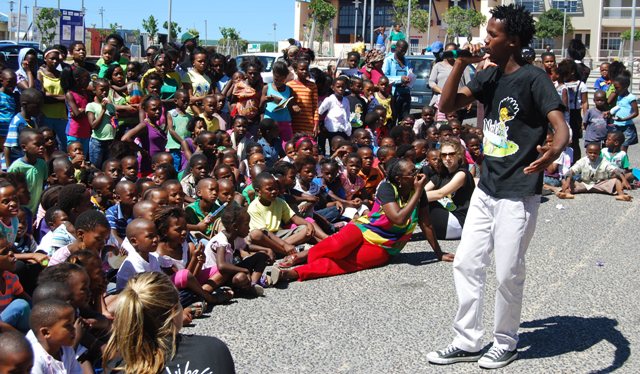By Khalifa Hemed
Published October 2, 2021
 Kenyans, Ugandans and Tanzanians are among 15 individuals and groups who have have been publicly recognised and awarded for creating what is touted as being ‘innovative solutions to pressing development challenges across the Commonwealth’.
Kenyans, Ugandans and Tanzanians are among 15 individuals and groups who have have been publicly recognised and awarded for creating what is touted as being ‘innovative solutions to pressing development challenges across the Commonwealth’.
Applauding the diverse line-up of the change-makers during a virtual meeting, Patricia Scotland, the current Secretary-General of the Commonwealth who launched the awards in 2019, noted, “I hope the added exposure the awards bring will help you to attract the support you deserve from governments, investors, mentors and partners to scale up your work and achieve even more impact.”
RELATED: How Africa Sells Her Soul to Foreign Pay TV Channels
The Commonwealth of Nations, that brings together 54 countries with a population of 2.5 billion people, says every winner of the Commonwealth Secretary-General’s Innovation for Sustainable Development Awards ‘received a trophy, £3,000 in prize money and the opportunity to scale up their innovations in collaboration with partners and mentors across the Commonwealth’.
The winners, who are grouped in five thematic categories reflecting the pillars of the Sustainable Development Goals of the United Nations Organisation, are:
a). People
– Prof Askwar Hilonga, Nanofilter (Tanzania): low-cost and sustainable water purification system particularly suited to the needs of local people.
– Kaif Ali, SpaceEra (India): Low-cost portable housing units that can be utilised for COVID-19 quarantine and can also be used as a shelter home in flood and earthquake-prone regions.
-Marie-Claire N Kuja, KujaEcoPads (Cameroon): 100% biodegradable and compostable sanitary pads made from absorbent banana fibre available at affordable prices.
RELATED: Immersive Installation Generates New Visions of Shared Planet
 b).Planet
b).Planet
– Red Diamond Compost Inc (Barbados): A soil treatment solution to improve organic solid waste management, food and nutrition security, and support climate adaptation and mitigation.
– Kua Beng Chu and Nur Ashikin Arbi, Department of Fisheries (Malaysia): A device that traps and removes marine leeches from fish while removing the need for chemicals or antibiotics, thus improving water quality and marine life.
– Richard Ochieng Arwa, Cist Ethanol Fuel (Kenya): An innovation that converts invasive water hyacinths from Lake Victoria into biofuel for cooking and hand sanitisers.
c). Prosperity
– Aggie Global Pty Ltd (Fiji): An online marketplace that creates a sustainable food supply chain and helps smallholder farmers in Fiji to access new markets and earn a decent income.
– Juliet Namujju, Kimuli Fashionability (Uganda): A social enterprise that empowers disabled people by imparting creative skills training and ‘up-cycles’ waste materials and blending them with African fabrics.
– Oluwatomisin Kolawole, Vinsighte (Nigeria): An artificial intelligence-powered reading application which allows the visually impaired to read printed books and educational materials independently and conveniently.
RELATED: Why Kenya’s Education System Must Change and Keep Changing
 d). Peace
d). Peace
– Samar Minallah Khan, Ethnomedia (Pakistan): Billboard on wheels with messages and images drawn from local culture and traditions that are helping change mindsets and promote the empowerment of girls and women in remote parts of Pakistan.
– Cyprus Inno (Cyprus): A digital platform that connects young people and entrepreneurs from across the political divide in Cyprus and promotes peacebuilding with the help of innovation.
– Pacific Islands Chapter, World’s Youth for Climate Justice (Solomon Islands): A coalition of young people from many countries pushing for reform in international law to address the inter-generational injustices caused by climate change.
e). Partnerships
– Joy Xu, STREAM Syndicate (Canada): A government-funded students-led charity that advocates for the access to STEM and humanities education for marginalised young people and develops innovative digital platforms and apps to promote the psychological well-being of students.
– Green Connect (Australia): An urban permaculture farm employing young people and former refugees to deliver a weekly box of fresh, seasonal fruit, vegetables and herbs to local communities.
– Teach2030, Commonwealth Education Trust (United Kingdom): An online professional development programme with a focus on up-skilling teachers in developing Commonwealth countries.
RELATED: Kenyan Emerges Second in Innovation Prize for Africa Competition





